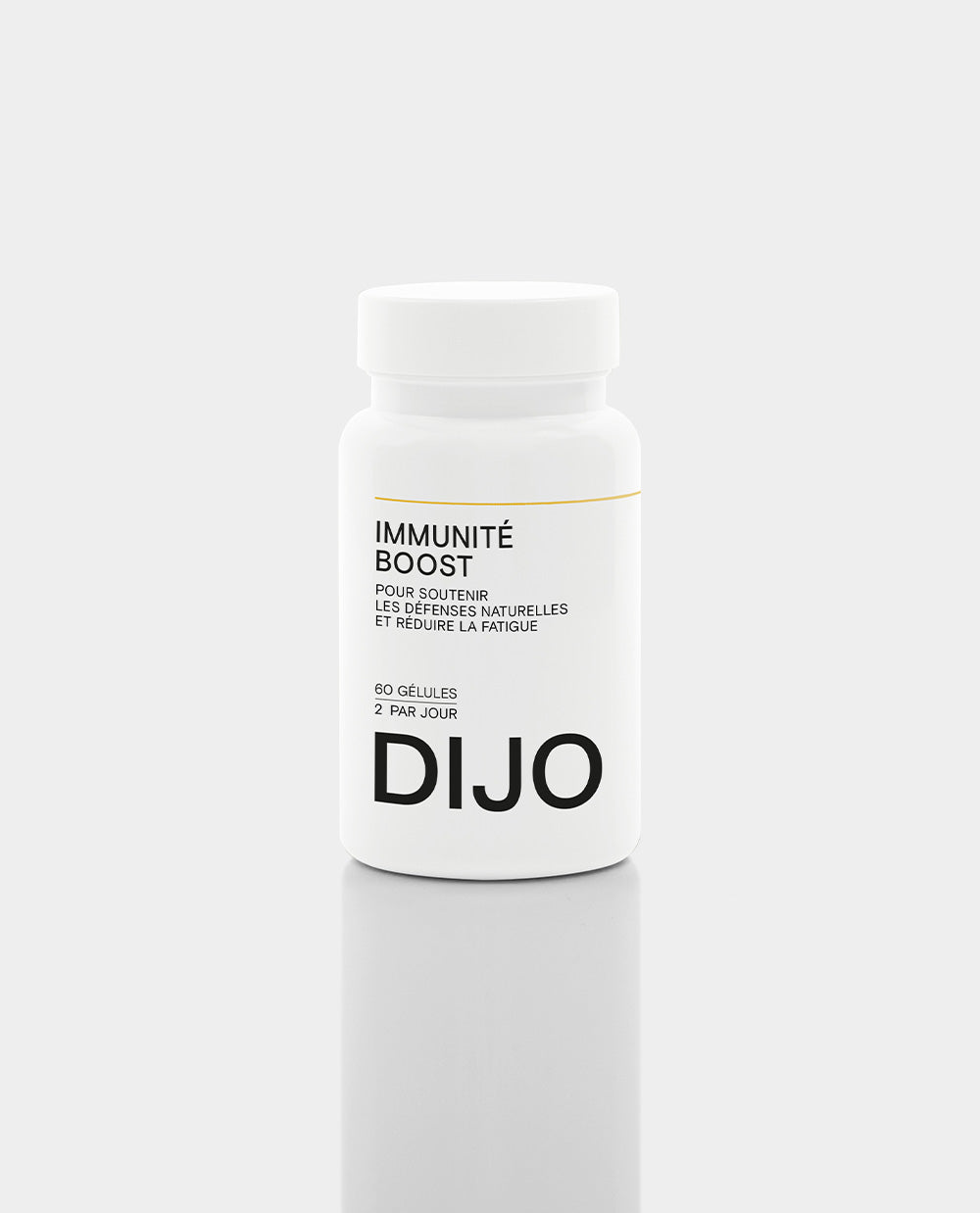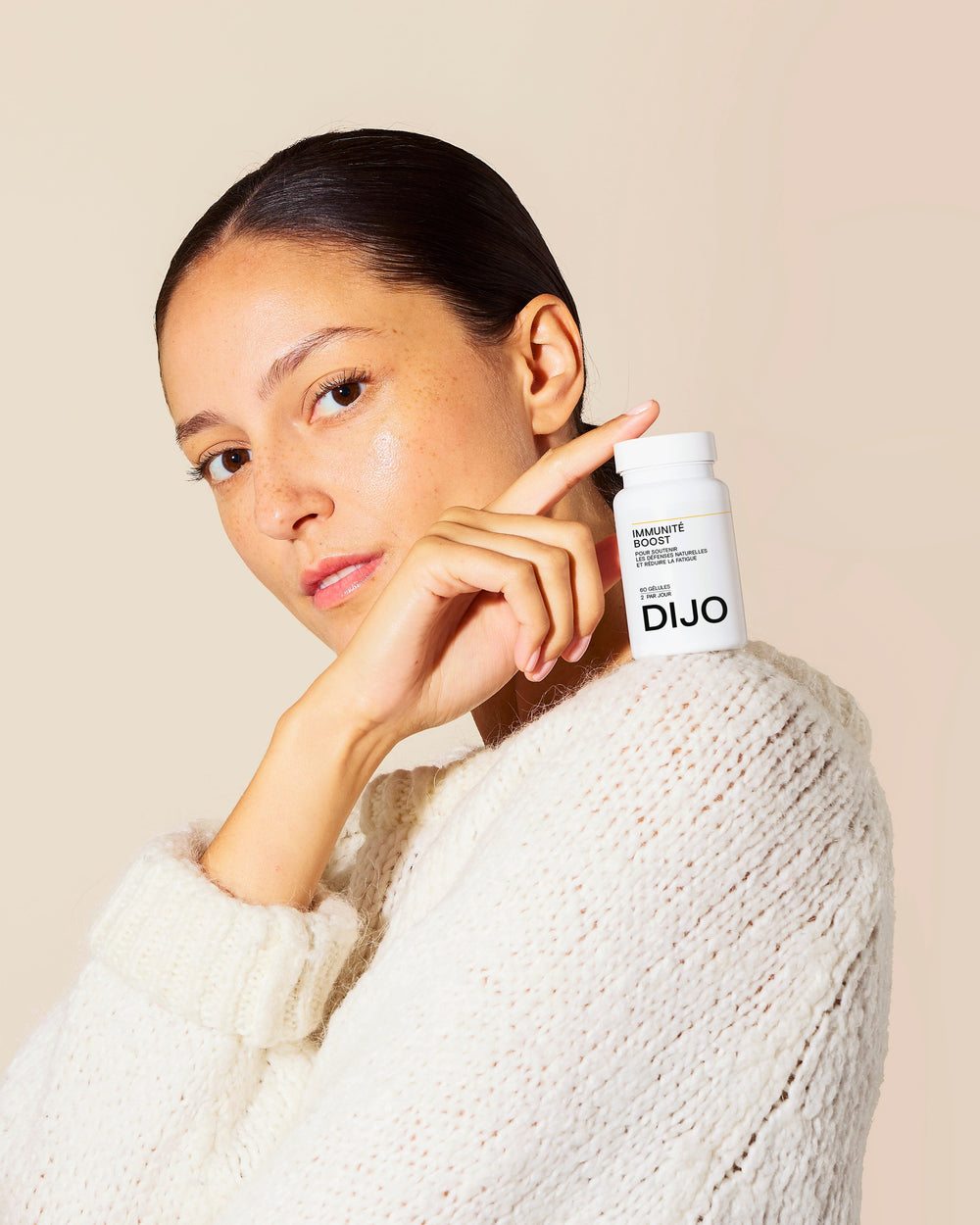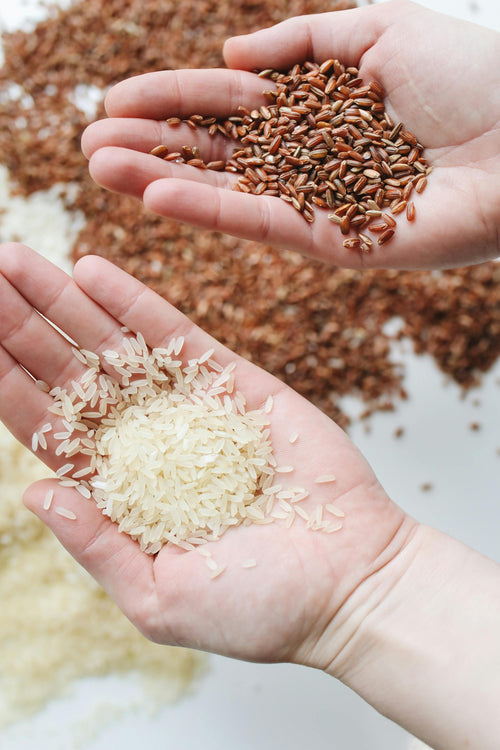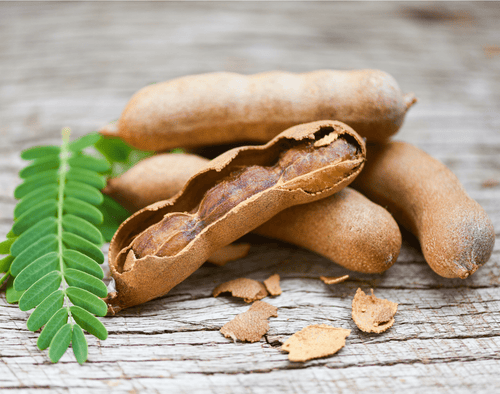What you must remember :
- Vitamin D3, of animal origin, is more easily assimilated than vitamin D2, of plant origin.
- Lichen is the only known plant source of vitamin D3.
- Vitamin D3 contributes to the maintenance of normal bones and muscles.
- Vitamin D3 contributes to the normal functioning of the immune system.
- Vitamin D deficiency is today a global health problem that affects nearly 80% of French people.
What is vitamin D?
Definition of Vitamin D
Vitamin D, also called calciferol, is a lipid-soluble vitamin, that is to say soluble in fats, synthesized in the human body from a derivative of cholesterol. It exists in two chemical forms: vitamin D2 (or ergocalciferol), produced by plants; and vitamin D3 (or cholecalciferol), produced by animals, which is more easily assimilated and used by the body.
Sources of vitamin D3
In humans, the main source of vitamin D3, the form best assimilated by the body, is linked to exposure of the skin to ultraviolet radiation from the sun. However, this endogenous synthesis depends on many factors that are sometimes disrupted, notably the season, the latitude of the place of life, age and pigmentation of the skin.
The second significant source of vitamin D is food. Vitamin D3 is mainly found in fatty fish, particularly in cod liver oil, herring, trout and salmon; in egg yolk and mushrooms.
However, as it can be difficult to obtain enough vitamin D3 to cover our daily needs through exposure to the sun alone or through our diet which is often not sufficiently concentrated in vitamin D3, taking food supplements can prove beneficial.
What are the benefits of Vitamin D3?
Vitamin D3 is recognized for its multiple health benefits. It is an essential ally in the health of bones and teeth, but also of muscle tissues and the immune system.
Vitamin D3 and the immune system
Vitamin D3 is a true ally of the immune system . Indeed, if we have a boost in vitality and energy during the summer, this “ sun vitamin ” has nothing to do with it. Vitamin D3 contributes to the normal functioning of the immune system and prevents the risk of winter infections.
Vitamin D3 and bone health
Mainly recognized for its central role in bone mineralization, vitamin D contributes to the maintenance of normal bones. Bone mineralization is characterized by the fixation of minerals such as calcium and phosphorus, associated with vitamin D, on the bone. Indeed, vitamin D can regulate the levels of calcium and phosphorus in the blood thanks to three levers:
- It can draw calcium and phosphorus from the intestines ;
- Mobilize calcium reserves in the bone , through a phenomenon called bone resorption or, on the contrary, store it through bone accretion.
- Increase or decrease the excretion of calcium in urine.
Bone mineralization is a crucial physiological process, particularly in children during the growth period. It helps keep our bones, and therefore our skeleton, healthy. This mineralization also takes place in cartilage and teeth.
Vitamin D3 and muscle health
Vitamin D3 also has benefits in muscle preservation and regeneration processes. An adequate intake of vitamin D3 contributes to the maintenance of normal muscles , particularly in the elderly, in order to prevent the risk of falls.
Vitamin D3 and mental health
One of the most notable benefits of Vitamin D3 is its effect on psychological functions. Indeed, numerous studies have shown that vitamin D contributes to mood regulation and reduces the risk of depression .
Beyond its major role in maintaining normal calcium and phosphorus levels, vitamin D also has an action on the synthesis of numerous neurotransmitters. Vitamin D is involved in the maturation of neurons responsible for the synthesis of dopamine or “pleasure hormone” and serotonin , also called the “happiness hormone”.
Signs of vitamin D3 deficiency
It seems that the winter gloom is not the only reason for your drop in morale and vitality! Indeed, one of the first signs of a vitamin D deficiency is increased fatigue accompanied by an episode of depression.
However, these are not the only symptoms. Severe vitamin D deficiency causes demineralization of bone, called rickets in children and osteomalacia in adults. These pathologies greatly increase the risk of osteoporosis and fractures. There is also a significant drop in immunity, muscle weakness, joint pain, hair loss and dry skin.
In industrialized countries, the people most likely to be deficient in vitamin D are alcoholics, people with chronic bowel diseases, liver cirrhosis , the elderly and those insufficiently exposed to the sun or who have a dark skin .
Indications and dosage of vitamin D3
Vitamin D deficiency is today a global health problem that affects nearly 80% of French people. It is therefore important to provide it to the body in order to maintain good immune, bone, muscular and mental health.
To compensate for this vitamin D3 deficiency, consuming foods rich in vitamin D3, which are good for the body, is a very effective solution. However, as vitamin D3 intake is limited, particularly in winter, supplementation in the form of a food supplement may prove to be the key to boosting your body.
Health authorities have set the sufficient intake of vitamin D3 at 15 µg/day. This reference value is defined as the average intake of a population for which the nutritional status is considered satisfactory. They also set a maximum dose of vitamin D3 at 100 µg/day.
Beyond this maximum limit, there is a risk of hypercalcemia, that is to say a calcium level that is too high in the blood. Excess vitamin D intake can cause other problems such as headaches, nausea, vomiting or even severe fatigue.
Bring Vitamin D3 to your body thanks to DIJO
At DIJO, we are committed to supporting you in your well-being care routines. This is why we developed Prebio Energy Immunity , a true ally of the immune system composed of flavonoids with prebiotic effects which contribute to maintaining your defense system and your energy. Prebiotics are the food for good bacteria, called probiotics , naturally present in our body.
In addition, due to its optimal concentration of guarana, ginseng, vitamin C and vitamin D3 from lichen, our Prebio Immunity Energy contributes to the maintenance of good joint, bone and muscle health, the reduction of mental fatigue and strengthening of natural defenses. This treatment offers you a natural approach for your overall well-being.
⚠️Before any supplementation and in the event of a pathology or specific situation (pregnant woman, elderly person, allergies) it is important to seek advice from your doctor.
Sources :
[1] Tripkovic, L., Lambert, H., Hart, K., Smith, CP, Bucca, G., Penson, S., ... & Lanham-New, S. (2012). Comparison of vitamin D2 and vitamin D3 supplementation in raising serum 25-hydroxyvitamin D status: a systematic review and meta-analysis. The American journal of clinical nutrition , 95 (6), 1357-1364.
[2] Nair, R., & Maseeh, A. (2012). Vitamin D: The “sunshine” vitamin. Journal of pharmacology and pharmacotherapeutics , 3 (2), 118-126.
[3] Aranow, C. (2011). Vitamin D and the immune system. Journal of investigative medicine , 59 (6), 881-886.
[4] Sahota, O. (2014). Understanding vitamin D deficiency. Age and aging , 43 (5), 589-591.

















